
The wine world is obsessed with the usual suspects—Chardonnay, Sauvignon Blanc, Pinot Grigio—while completely ignoring one of the most climate-resilient and historically significant white wines on the planet.
Meet Xynisteri, Cyprus’s best-kept secret that’s about to become your new summer obsession. This indigenous white grape has been thriving in the Cypriot vineyards for over 2,800 years, producing fresh wines that make Sancerre look like a climate change casualty.
In this article, you’ll explore:
Xynisteri (pronounced “Sin-ees-ter-ee”) is Cyprus’s indigenous white grape, covering about 33% of vineyard plantings, making it the island’s most widely planted white variety. Celebrated for producing fresh wines with vibrant acidity, it has become a cornerstone of Cypriot viticulture.
Think of it as Pinot Grigio with a backbone. Xynisteri produces medium-bodied whites with yellow-green hues and a zesty, seafood-friendly profile. Its wines often showcase delicate floral aromas, citrus notes, and hints of green apple and stone fruits, making it a versatile choice for various occasions.
Xynisteri can translate to either “wine of the heavens” or “lacks acid”, depending on whom you ask.
Ironically, modern winemaking has turned the latter into a strength, producing white wines characterized by bright acidity.
Climate-Resilient by Nature
This white grape variety, key to Cypriot winemaking, maintains its freshness in the face of Mediterranean heat, thriving at elevations of up to 1,500 meters in the Troodos Mountains. These are some of the highest vineyards in Europe!
Xynisteri is more than a grape—it’s a living link to 5,500 years of Mediterranean winemaking. From Chalcolithic clay jars to modern boutique cellars, its story mirrors Cyprus’s own evolution.
Key Historical Milestones:
Xynisteri continues to anchor Cypriot viticulture, making up 27% of all vineyards, even as climate pressures mount. In 2024, a severe heatwave cut yields by up to 40% in Troodos Mountain vineyards. Yet Xynisteri held its ground, thanks to its drought tolerance and ability to thrive at high altitudes, confirming its role as Cyprus’s most climate-resilient grape.
Winemakers are now using this resilience as a launchpad for premiumization. In appellations like PGI Lemesos, wines must include at least 85% Xynisteri, raising both standards and visibility. Xynisteri wines are often made in various styles ranging from light and fresh unoaked wines to more complex expressions aged in oak or amphora. Top estates, such as Tsiakkas and Kyperounda, are crafting single-vineyard, organic-certified bottlings, some of which are aged in acacia and French oak, with export prices reaching €35 per bottle.
But the road ahead isn’t without obstacles.
According to European Union forecasts, Cypriot wine production is expected to decline by 7.2% annually by 2028 due to extreme weather conditions and water scarcity. Paradoxically, revenue is expected to rise by 1.6% each year, driven by a shift from bulk exports to terroir-driven, boutique wines.
The grape’s versatility is also attracting innovation:
As Cyprus’s vineyards brace for more heat, Xynisteri stands out—not just as a symbol of tradition, but as a strategic asset for the future of winemaking. With its low carbon footprint and ancient genetic resilience, it’s both a cultural icon and a hedge against climate change. Cyprus is one of the hottest and driest parts of Europe, making Xynisteri's adaptability even more critical.
For Cypriots, Xynisteri is more than a wine—it’s a cultural lifeline:
Everyday Significance:
Modernity meets mythology as wineries like Vlassides embrace AI-driven fermentation, proving this grape's story is far from over.
Xynisteri’s vinification is a balance of tradition and technology—a grape with modest aromatics and low yield that rewards precision handling. The introduction of modern winemaking techniques has improved the quality of Cypriot wines, allowing Xynisteri to shine on the global stage.
Forget what you think you know about Mediterranean whites. Xynisteri combines the minerality of Chablis with the zest and refreshing acidity of Loire Sauvignon Blanc.
Xynisteri’s vibrant acidity and mineral core make it a natural for Mediterranean dishes and light meals. If you’d squeeze lemon on it, you can pour Xynisteri instead.
Oak-aged Xynisteri pairs beautifully with grilled fish, roasted peppers, or herb-forward sauces.
Cyprus’s high-altitude terroir is Xynisteri’s secret weapon for producing high-quality wine. Xynisteri vines thrive in four main regions, each utilizing altitude and soil diversity to achieve optimal results. The tailored vineyard practices in Cyprus are necessary due to its unique climate and geography.
These high altitude vineyards benefit from cooler temperatures, a dry climate and different soils throughout the vineyard area:
In addition, this region benefits from areas patched with sandy soils, which add more complexity to Xynisteri wines.
It’s nature’s air conditioning—preserving Xynisteri’s freshness when most white grapes would collapse.
Chill to 8–10°C (46–50°F). Use Sauvignon Blanc or Riesling glasses to focus the aromatics.
Although both are white wines with some similarities, Xynisteri and Pinot Grigio are two distinctly different wine styles. Think of Xynisteri as the local hero, while Pinot Grigio is an international celebrity. Xynisteri has recently gained attention as a standalone varietal, celebrated for its unique characteristics and adaptability.
Character:
Climate Resilience:
Aging Potential:
Food Versatility:
Authenticity:
Value:
University of Adelaide research confirms that Xynisteri outperforms Pinot Gris under heat stress and even outshines it in blind tastings.
Xynisteri thrives in the challenging Mediterranean climate of Cyprus. For this reason, it checks every box on the eco-friendly viticulture list: Most wines produced in Cyprus are from indigenous grape varieties, which constitute about 90% of the vineyards.
Xynisteri isn’t just good for the planet—it’s a smart business choice for producers in a warming world.
Xynisteri represents everything wine claims to value: authenticity, sustainability, climate adaptability, and great value.
It’s not a revival—it’s a revelation.
As Burgundy struggles with heat and Sancerre loses its edge, the Xynisteri grape quietly produces world-class, high-quality wines from ancient mountain vineyards.
The only question is: Will you discover it before the rest of the world does?

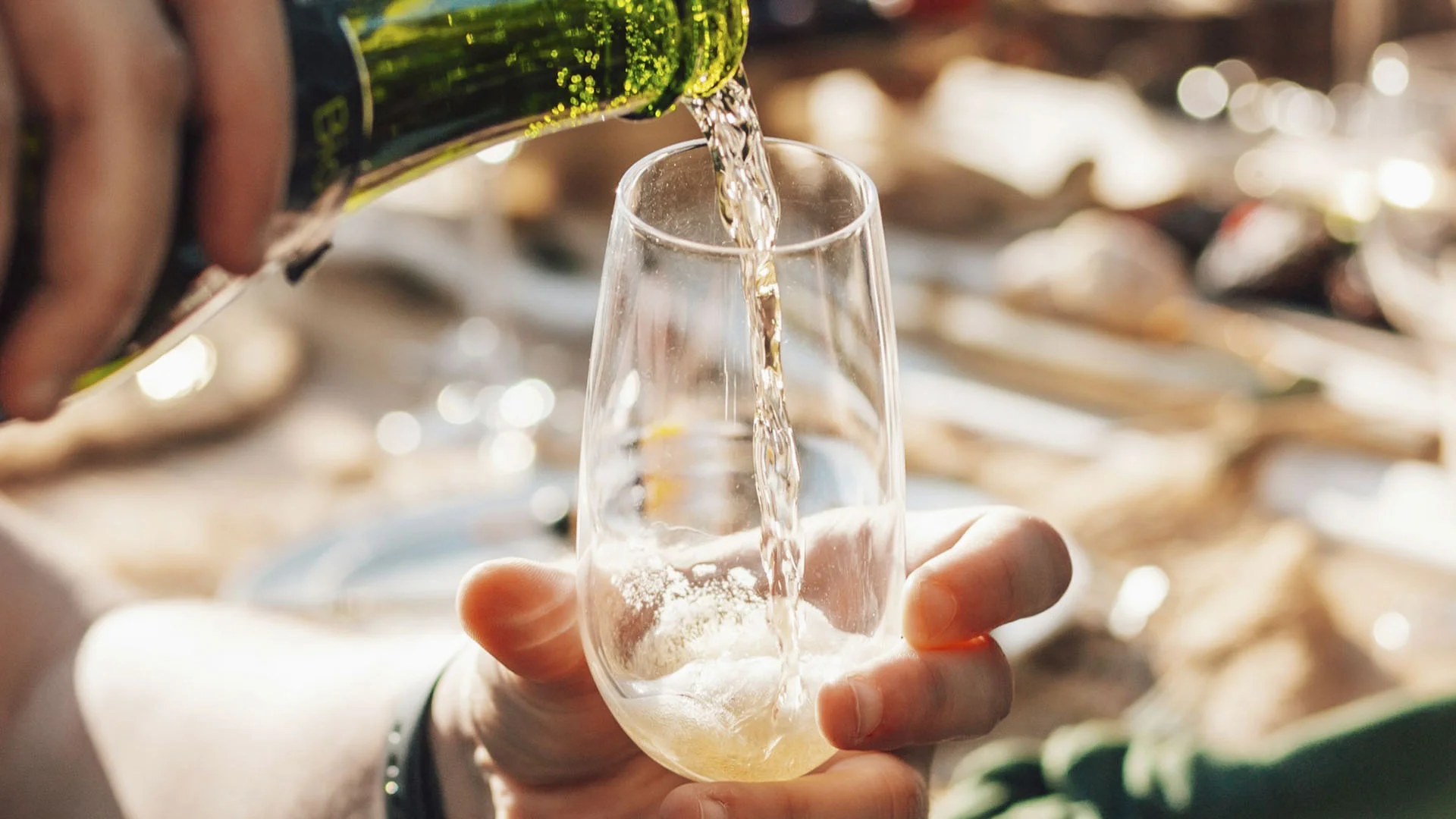

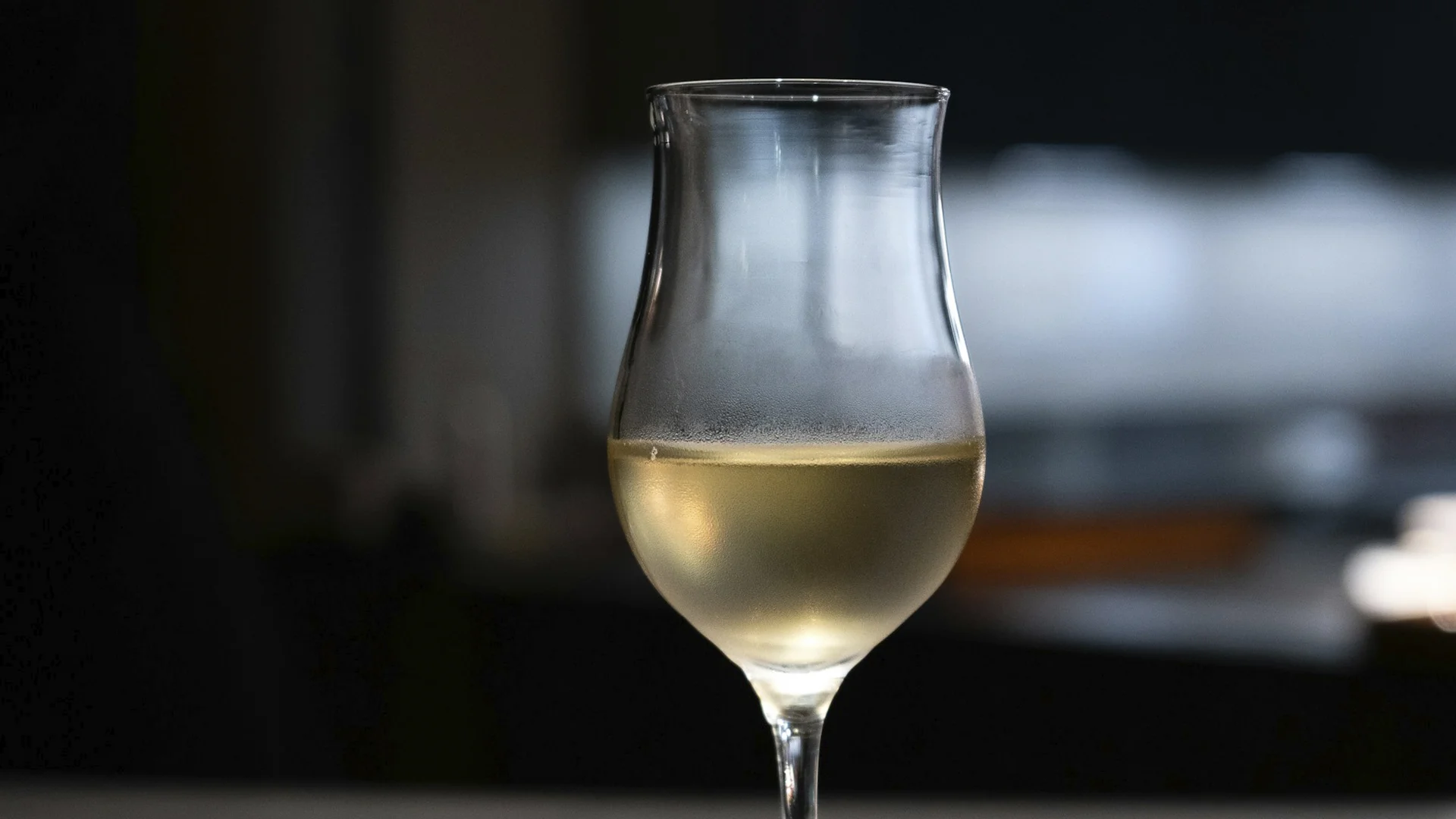
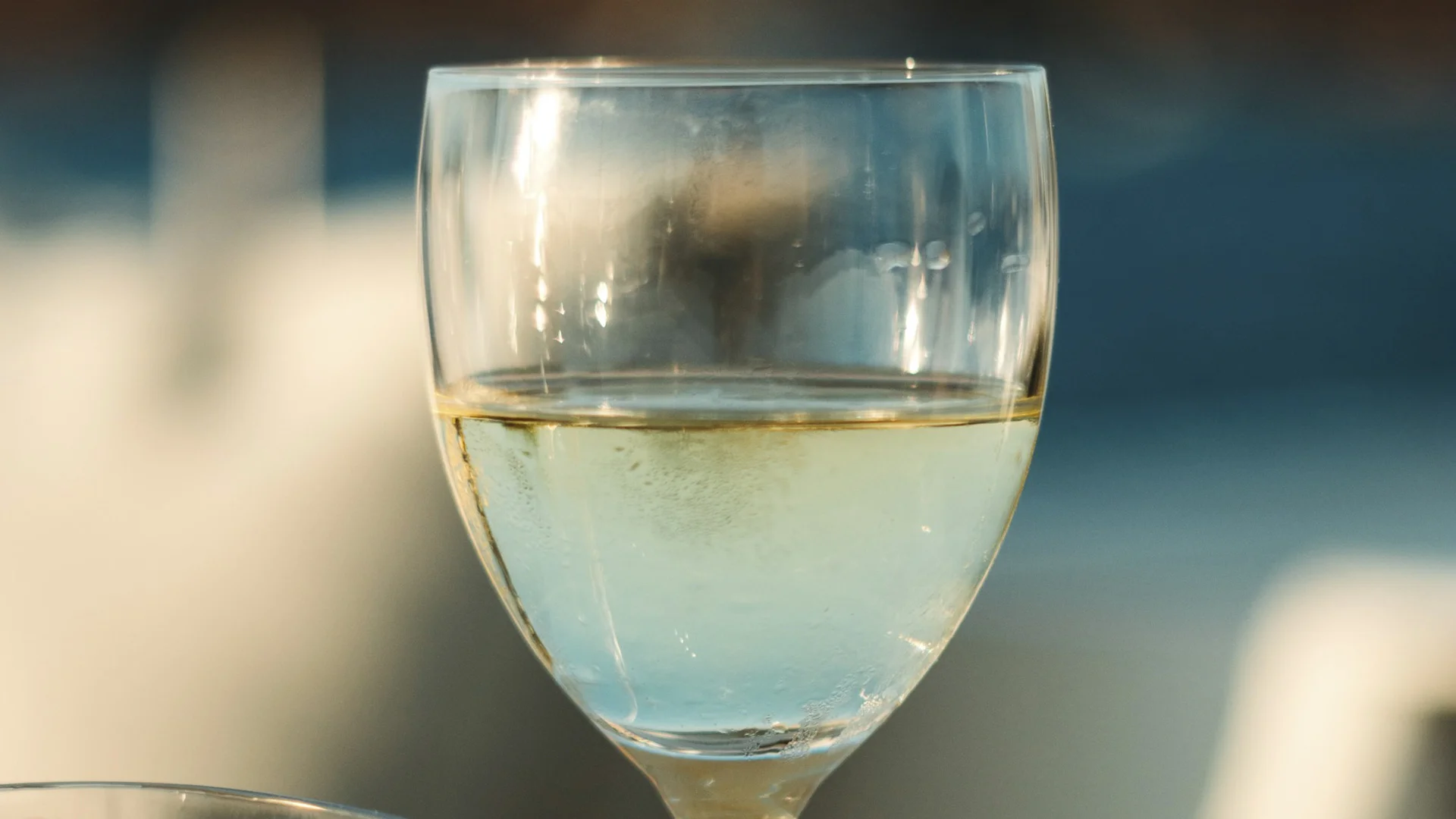
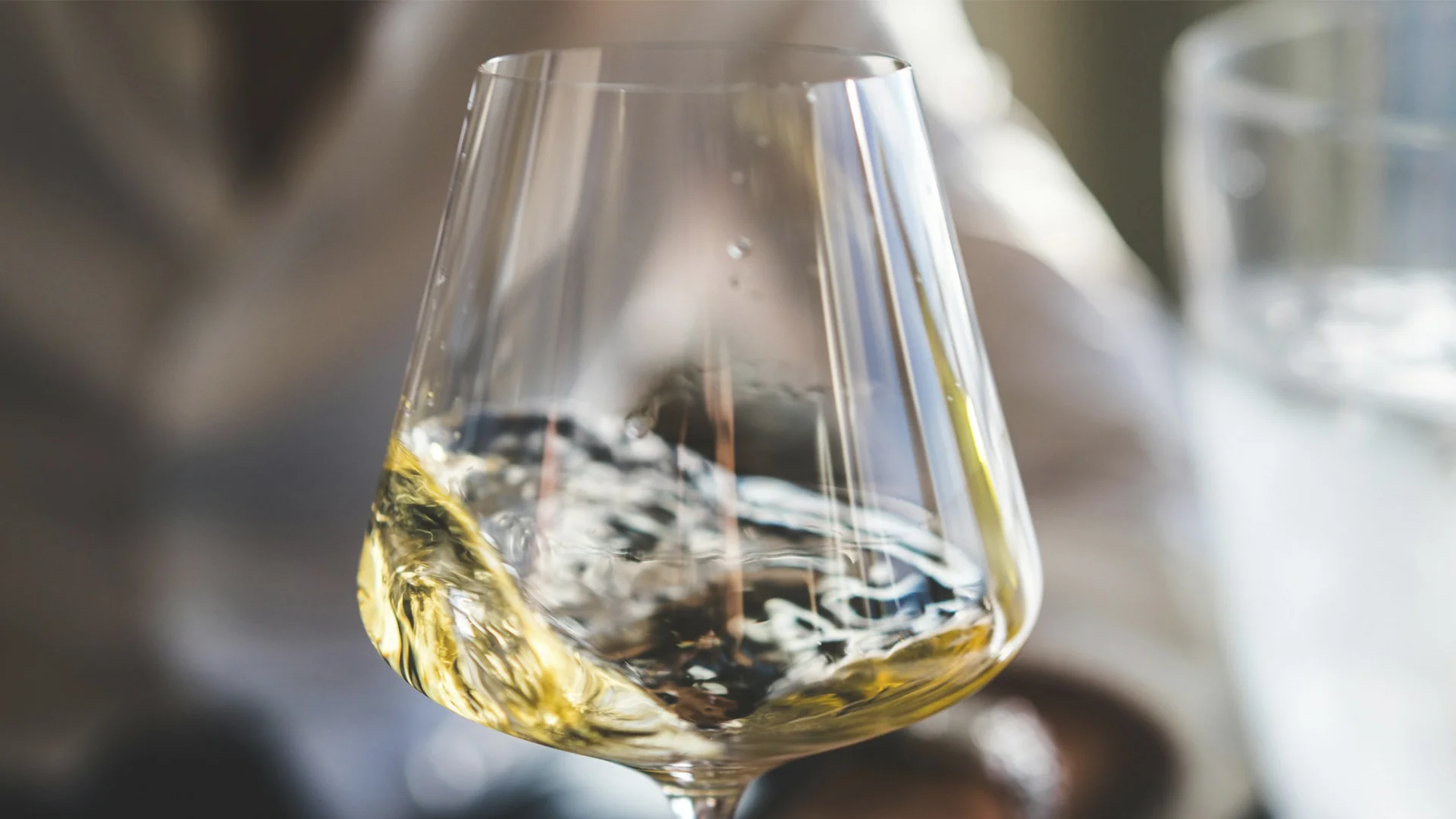


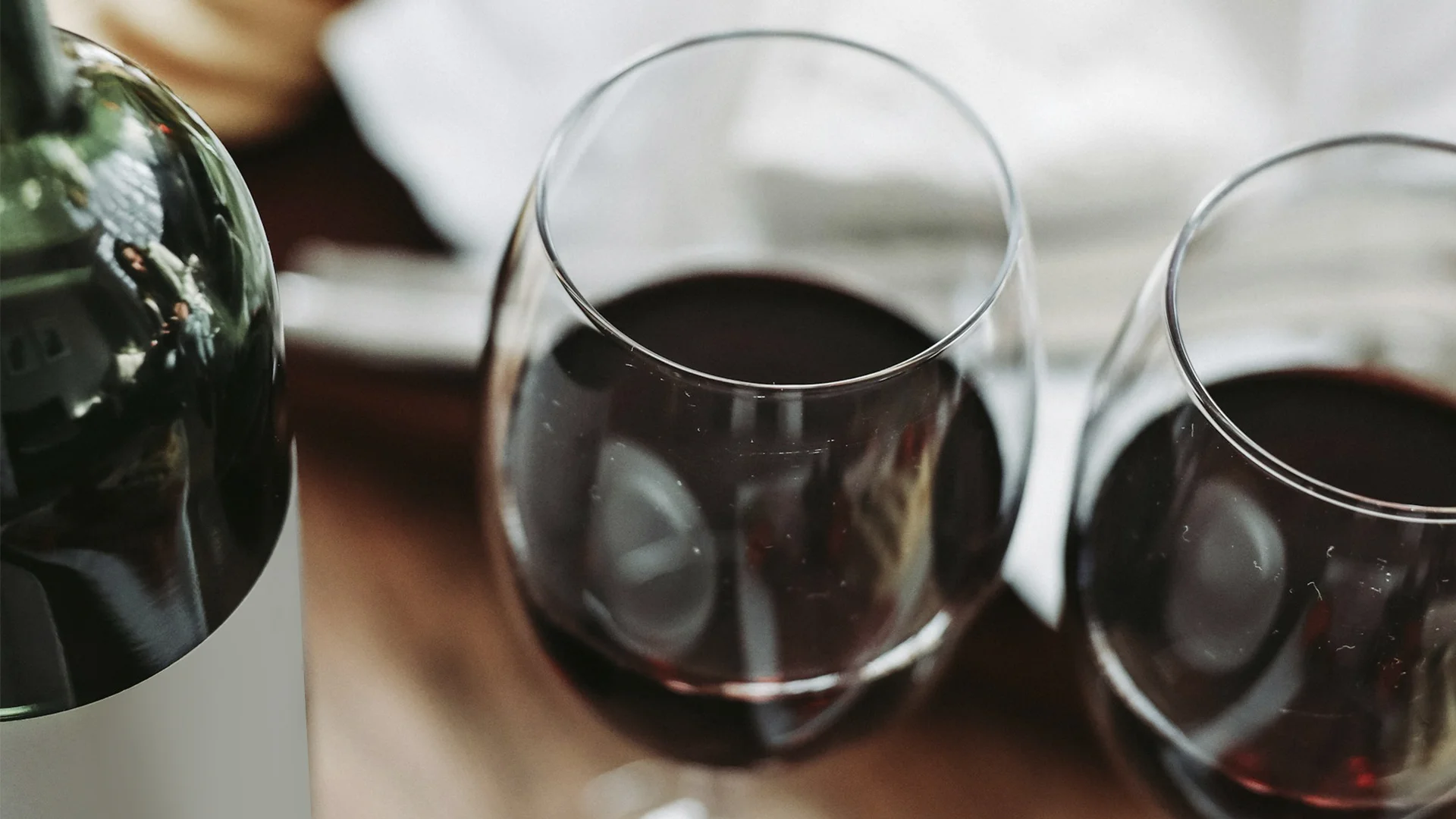
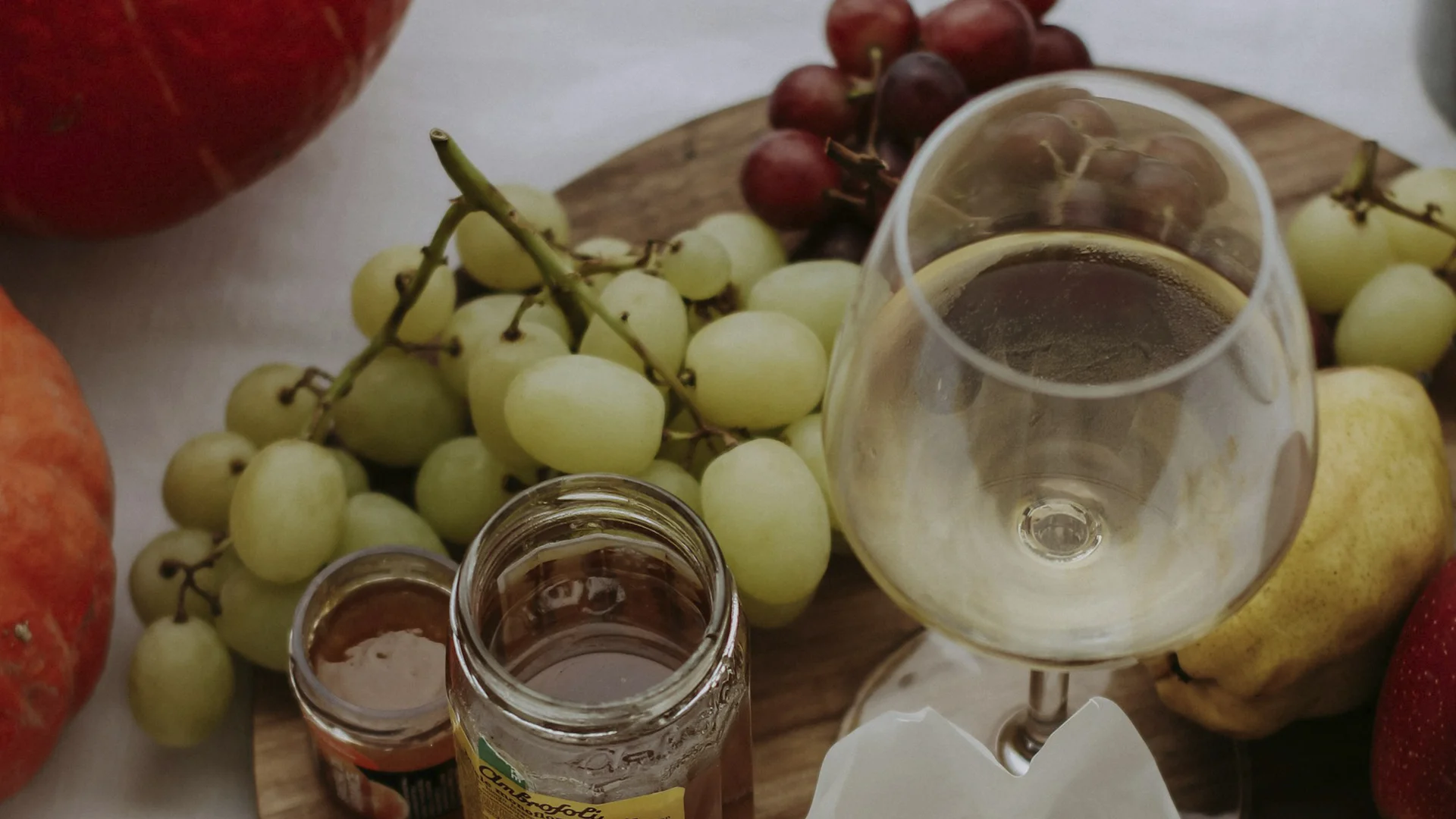







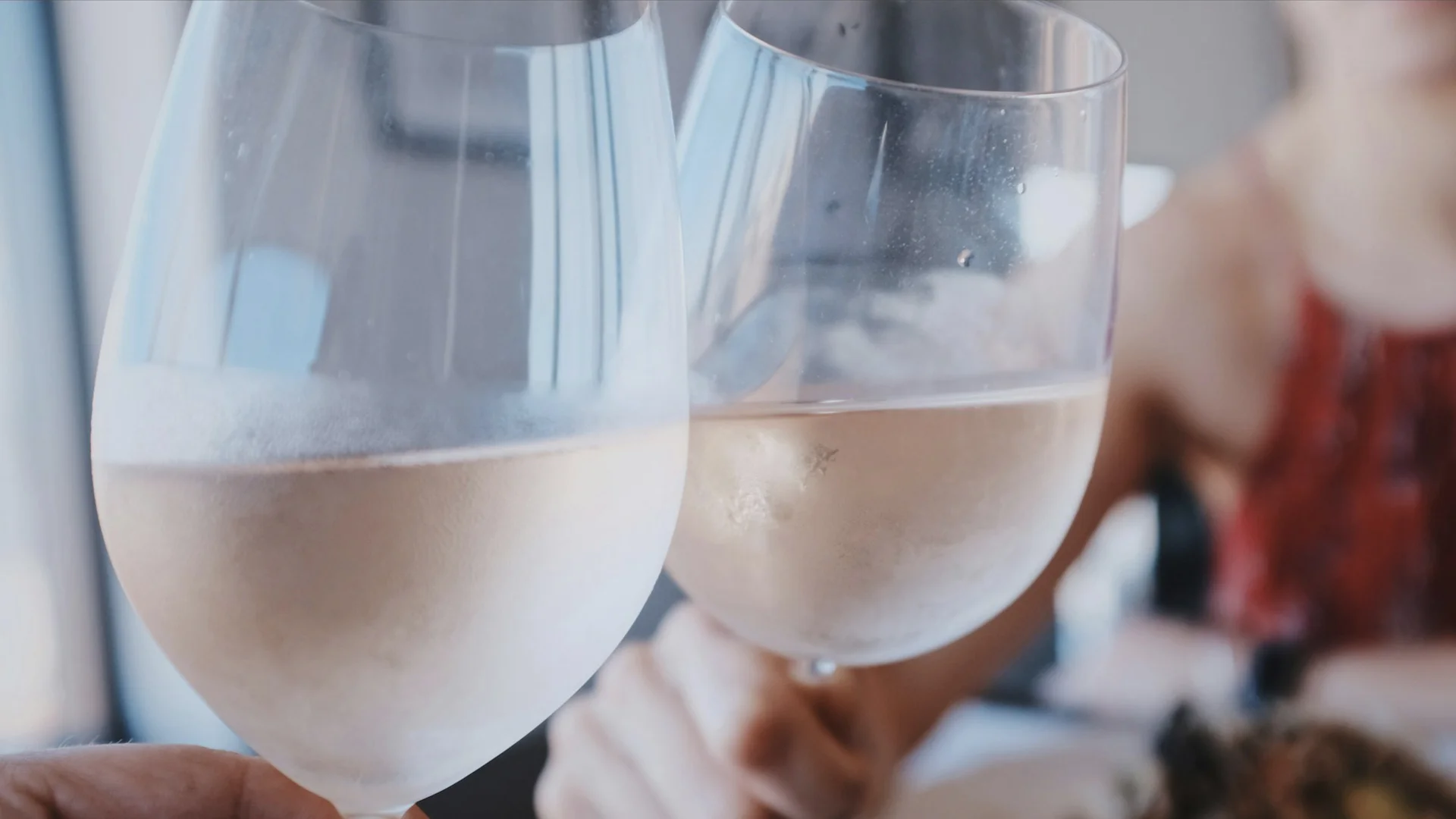




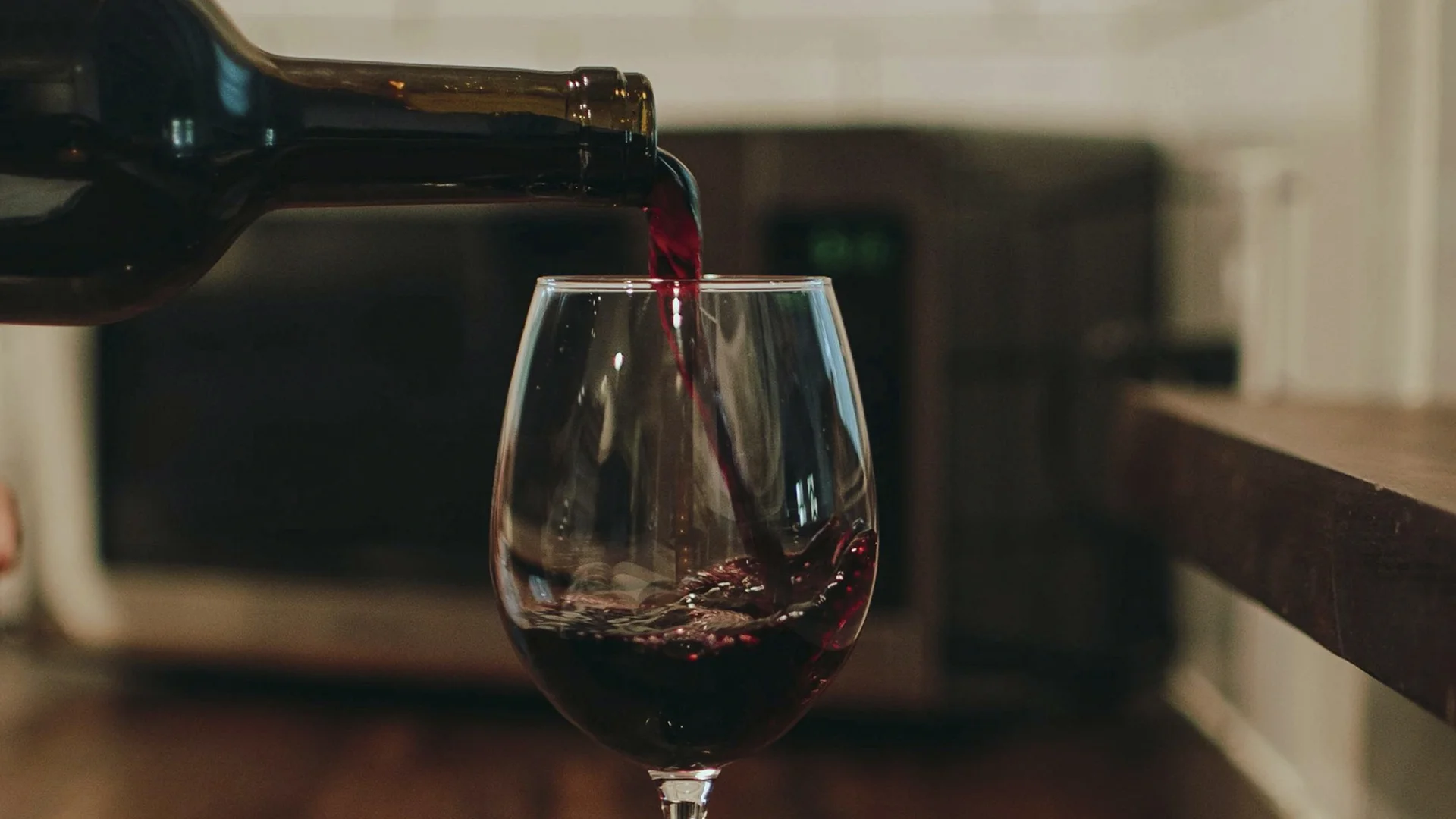
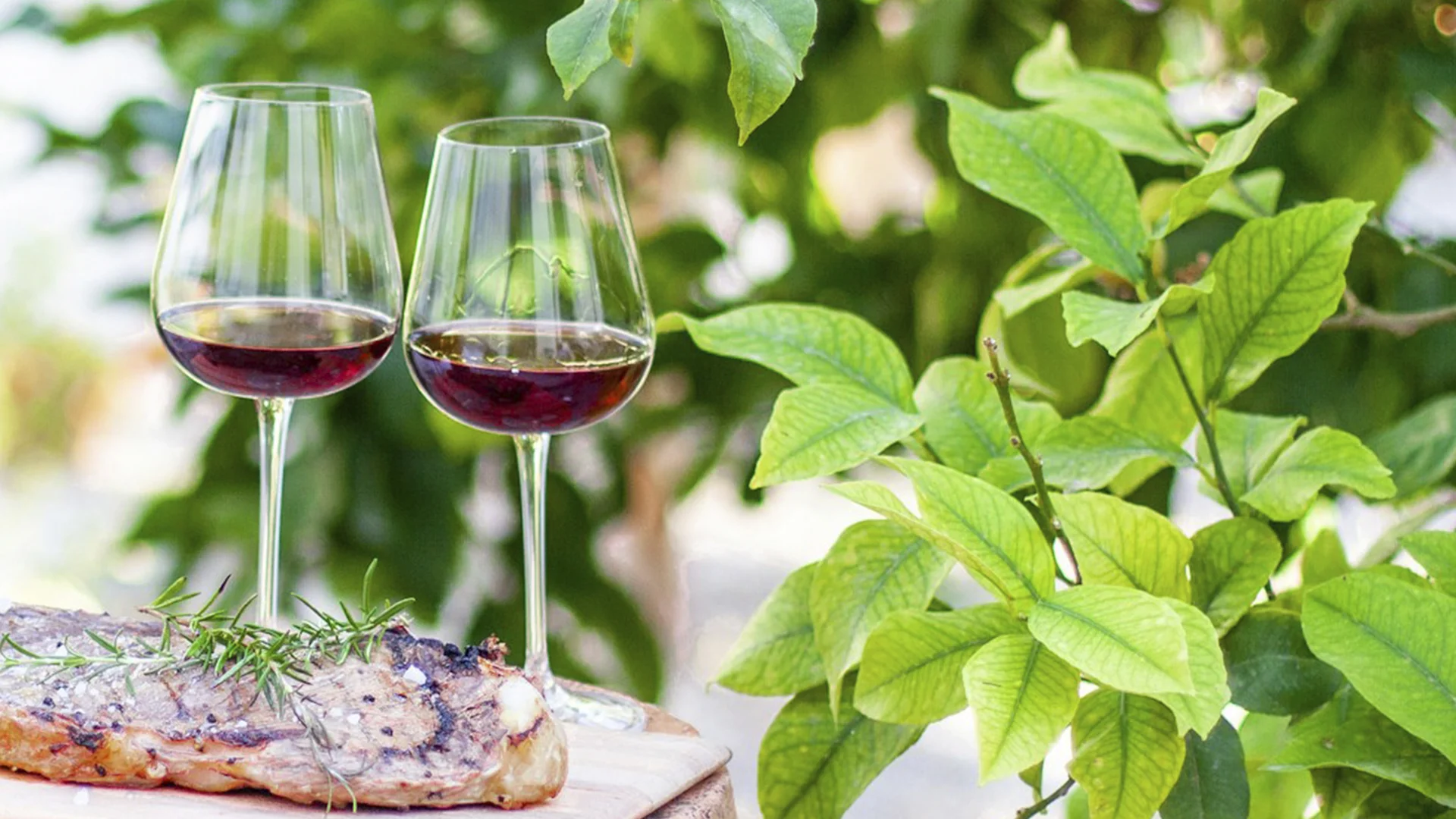





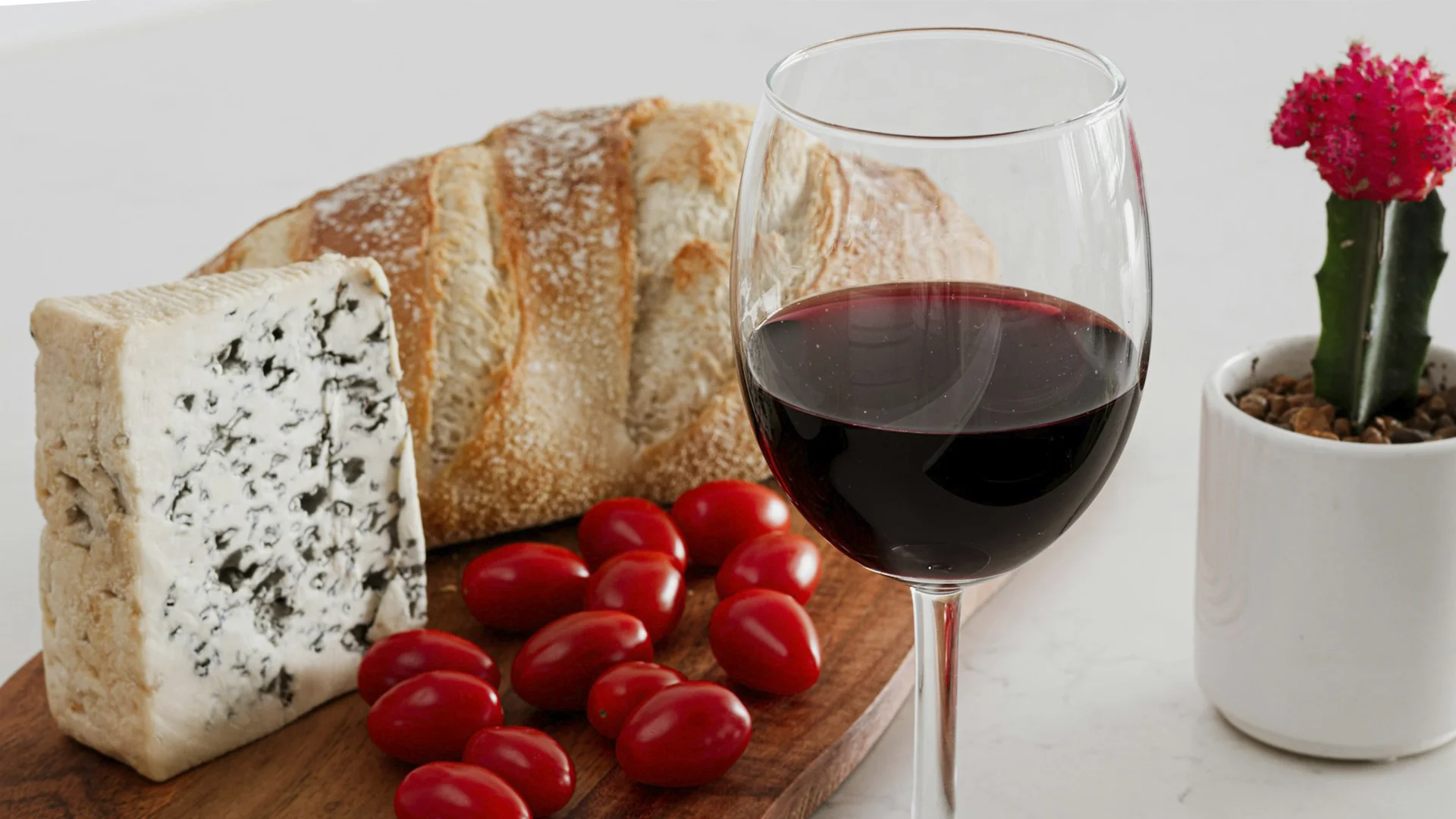

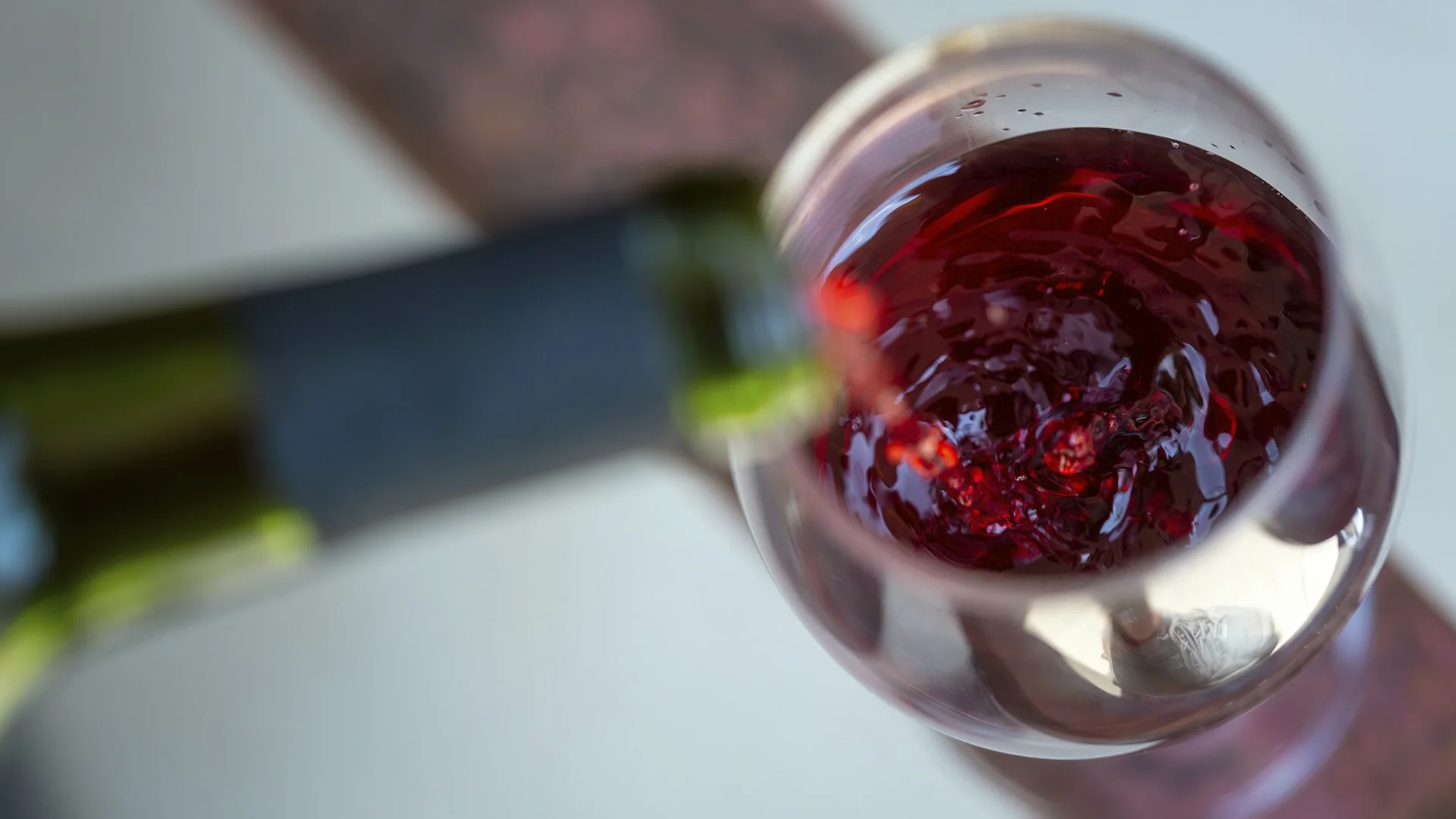


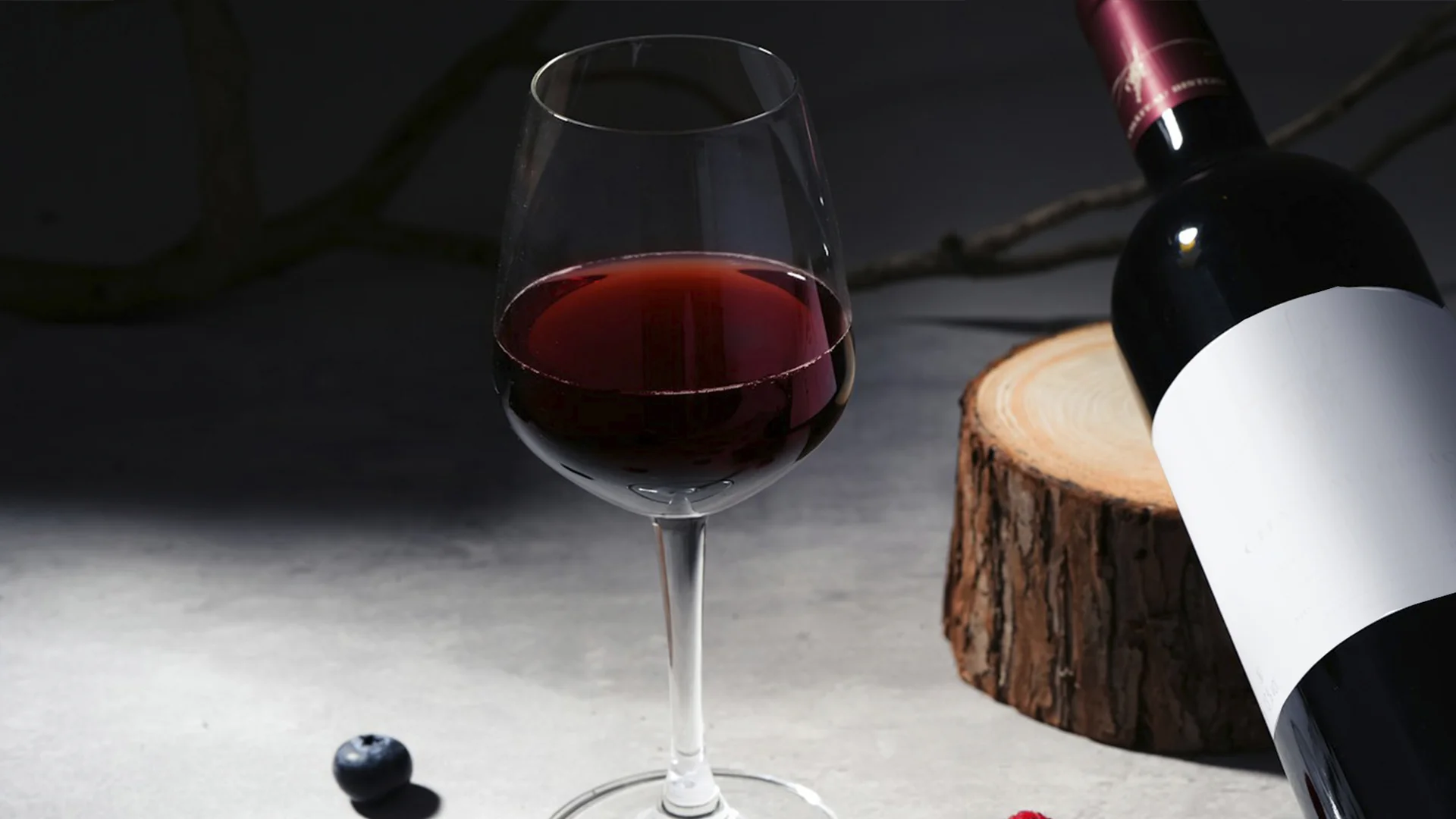
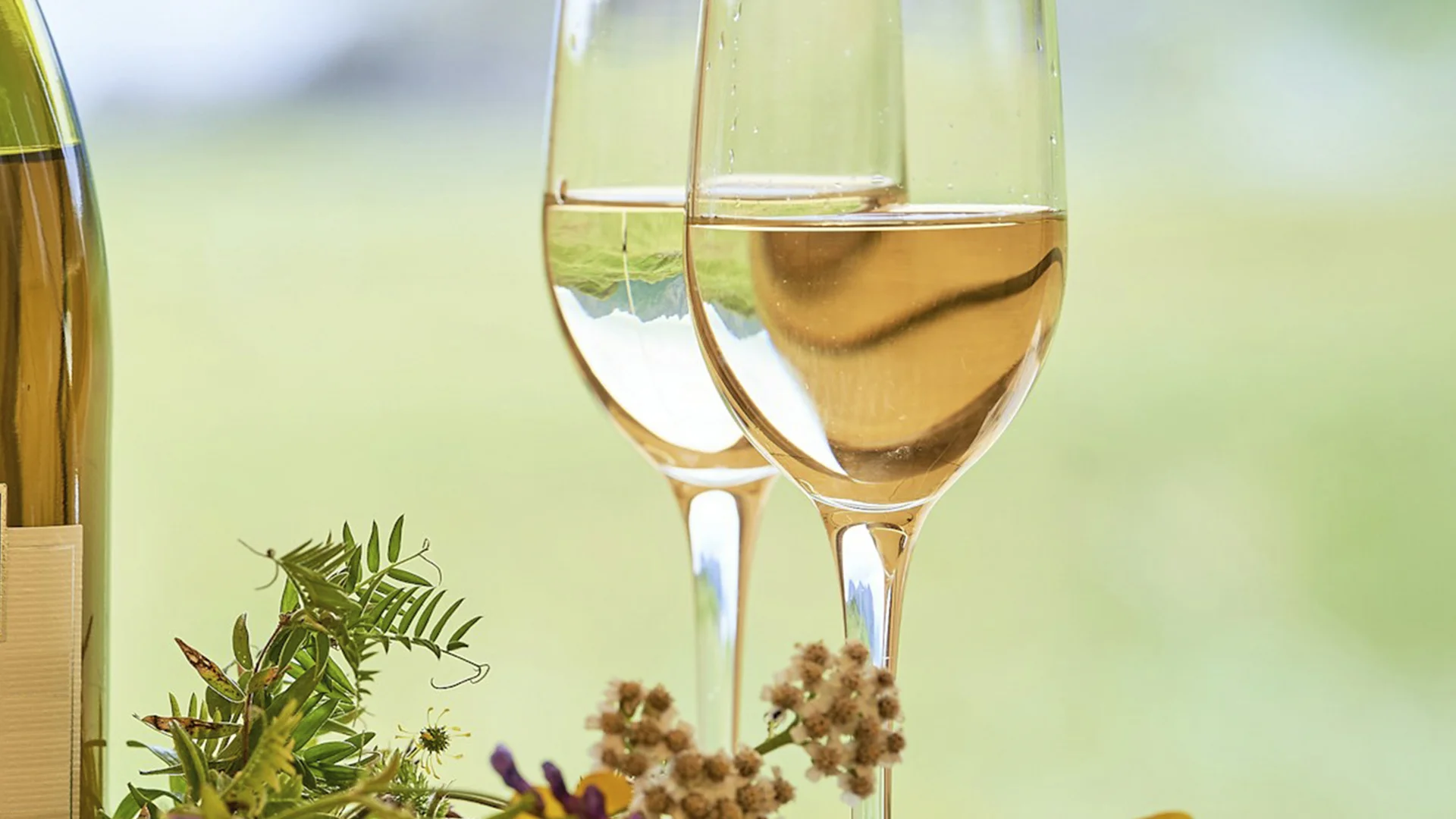
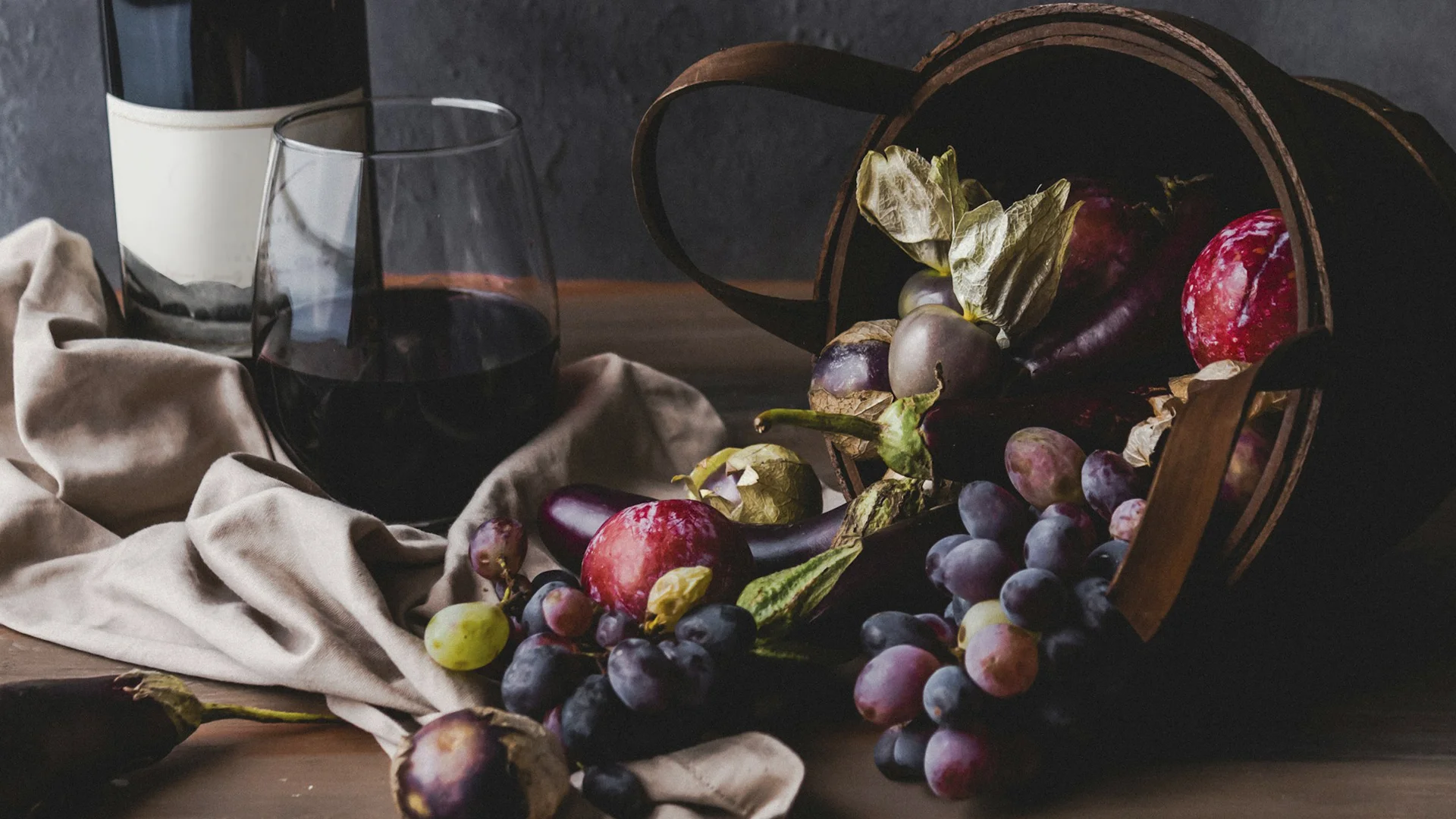
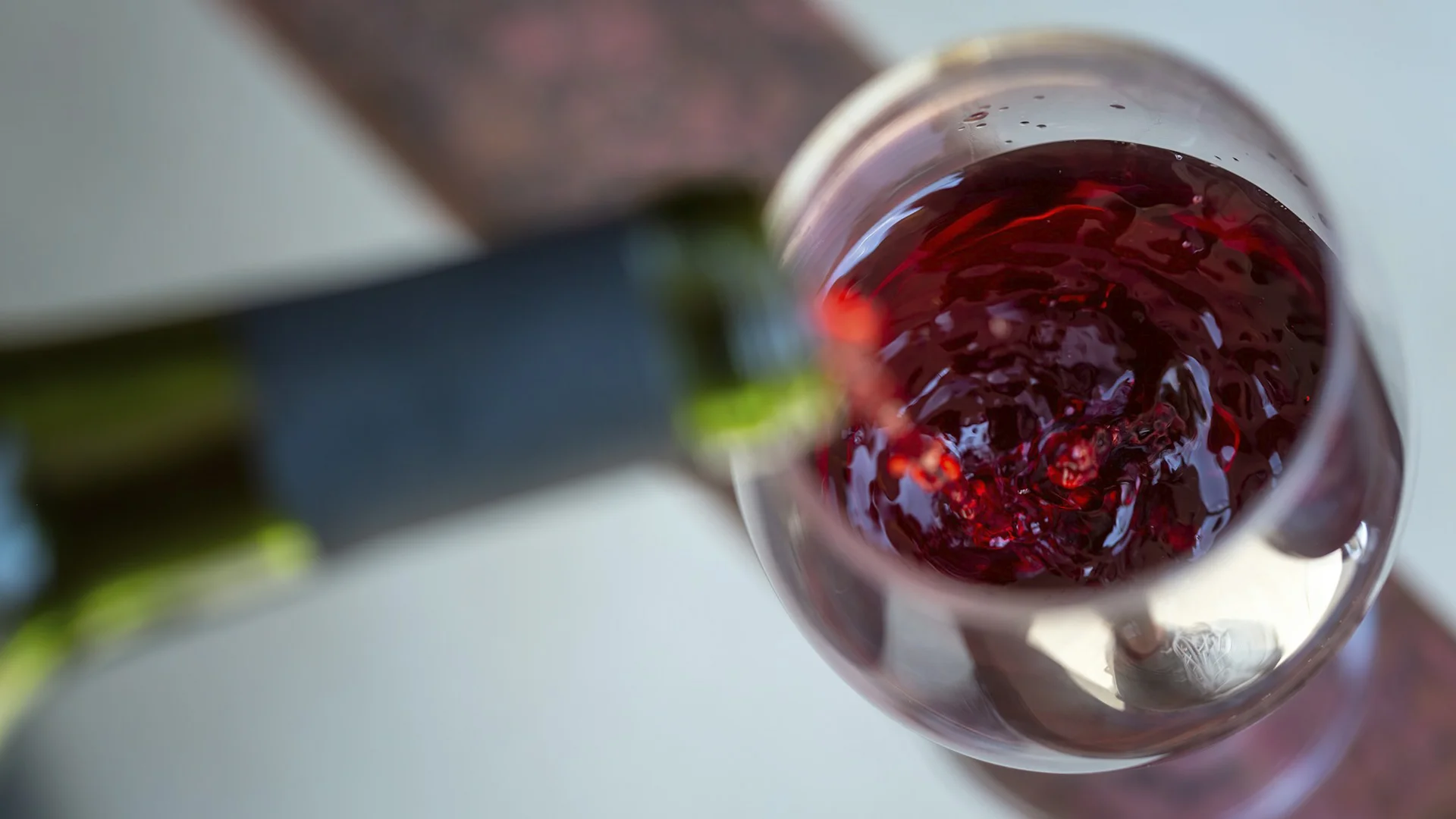
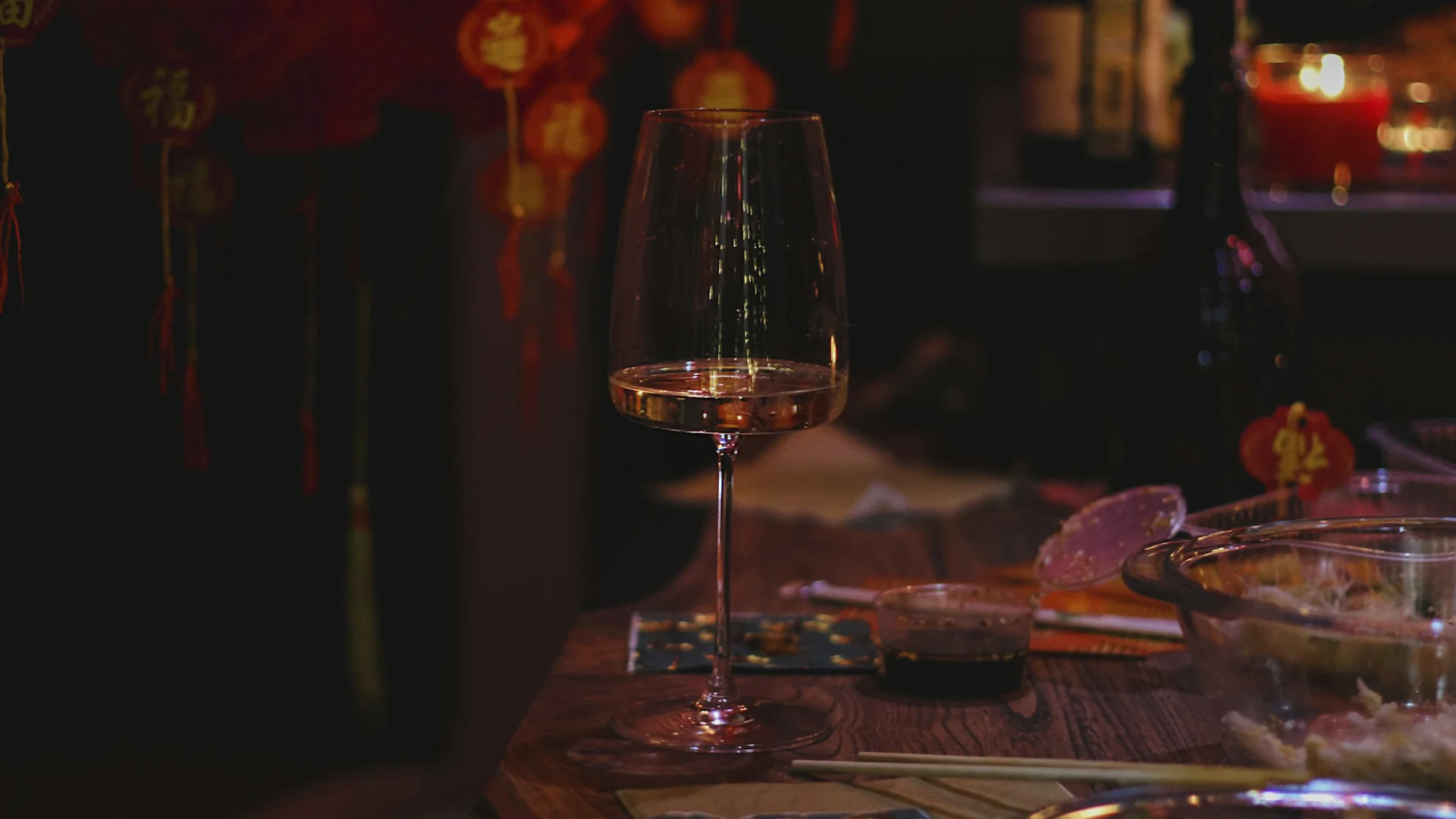






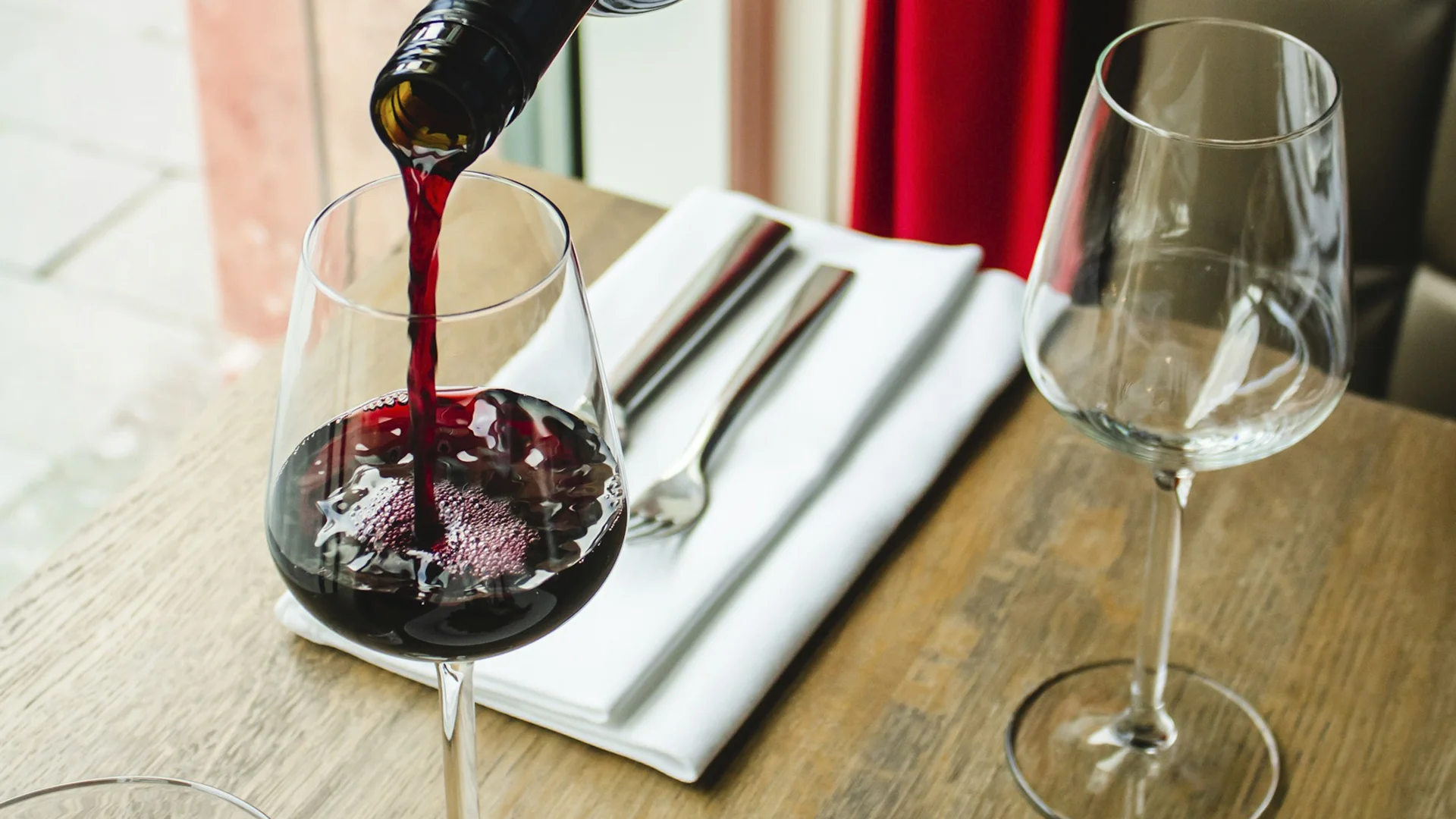












.webp)

.webp)
.webp)
.webp)



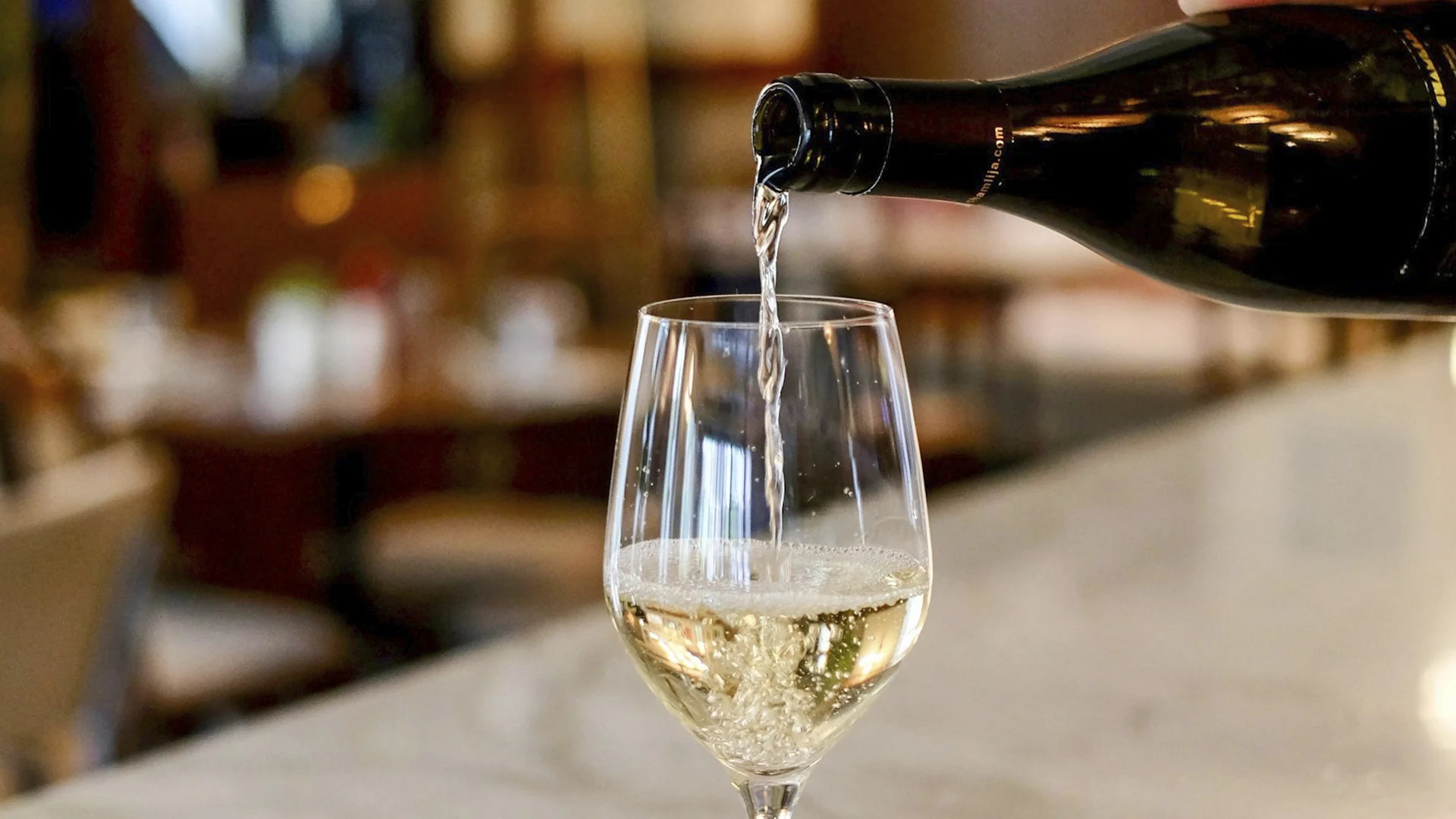


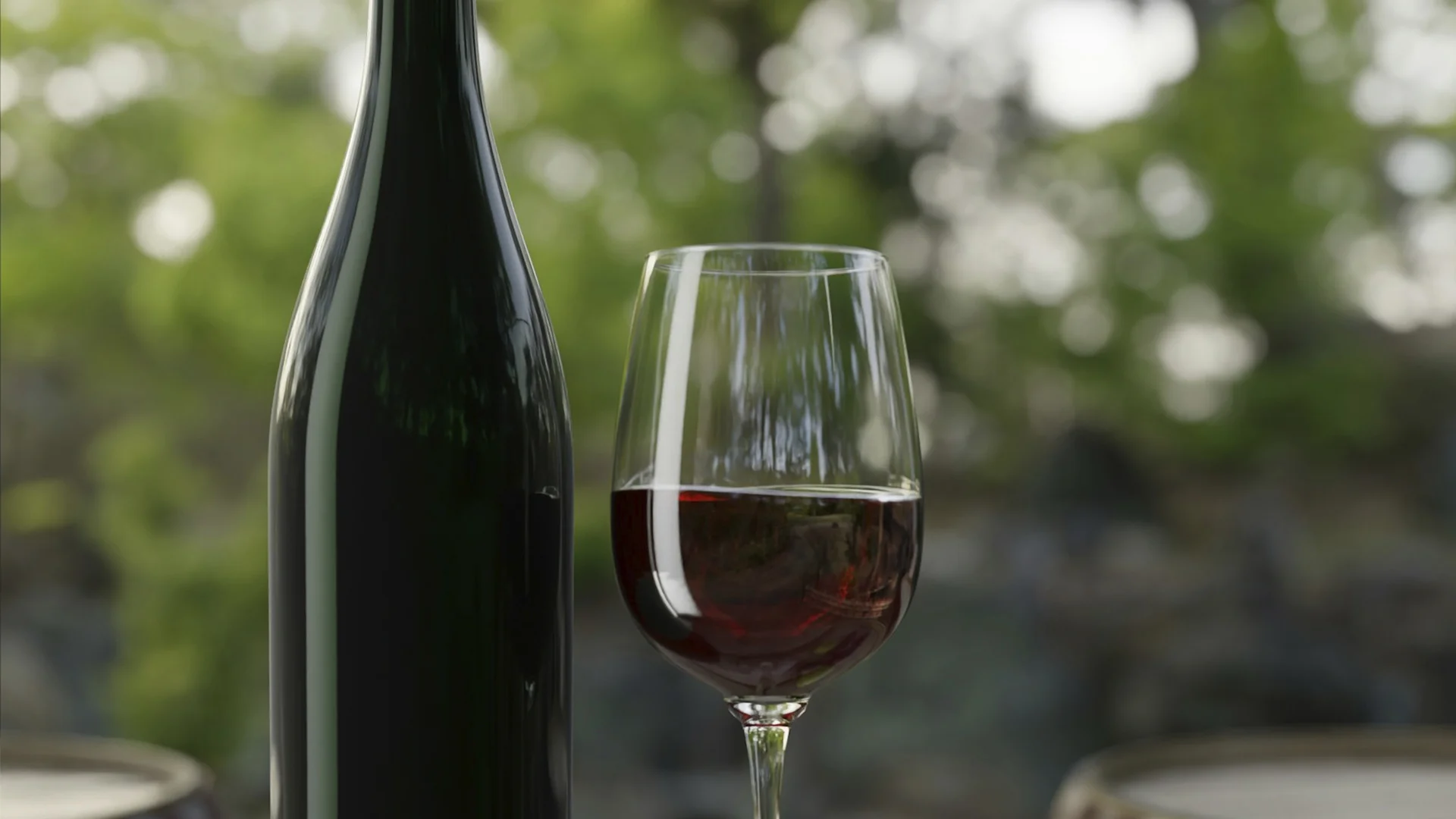



















.webp)











Are you interested in
collaborating with us?